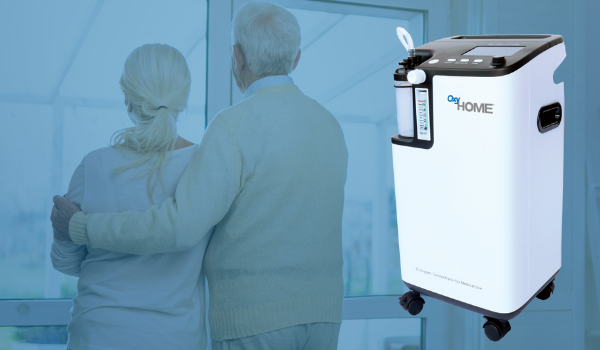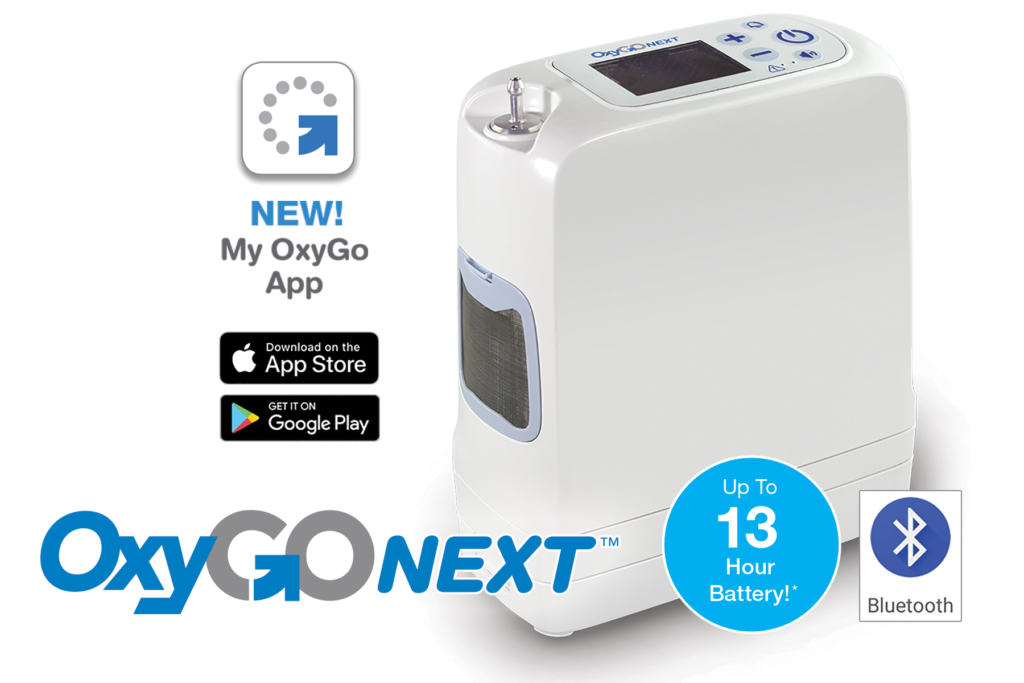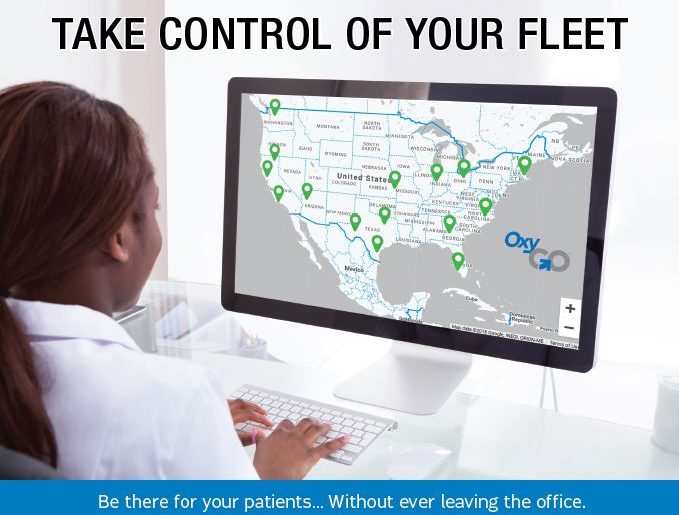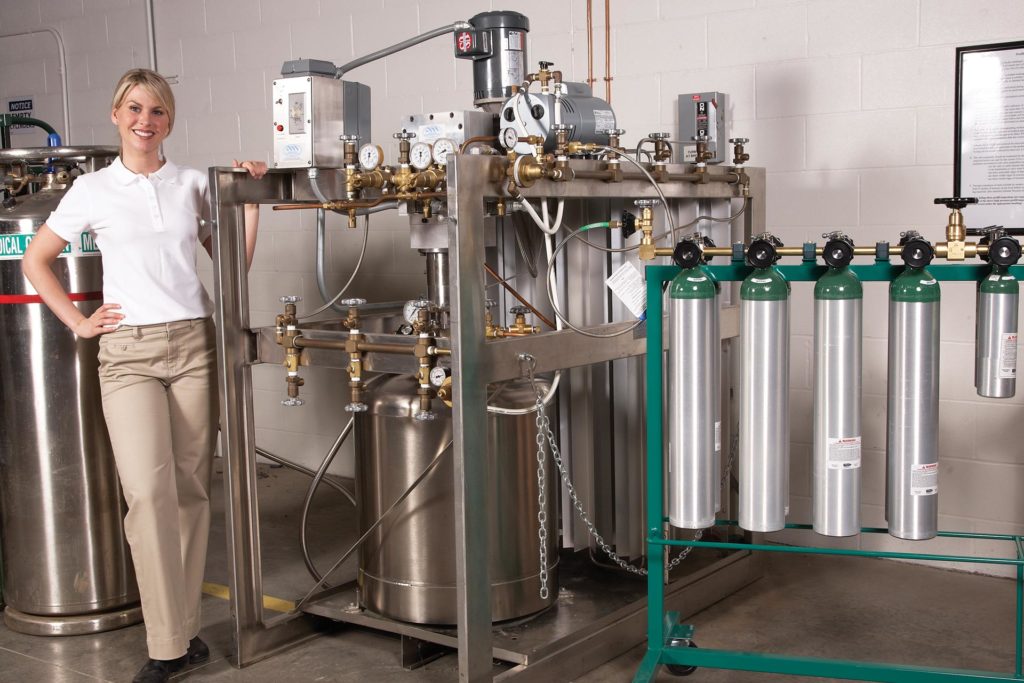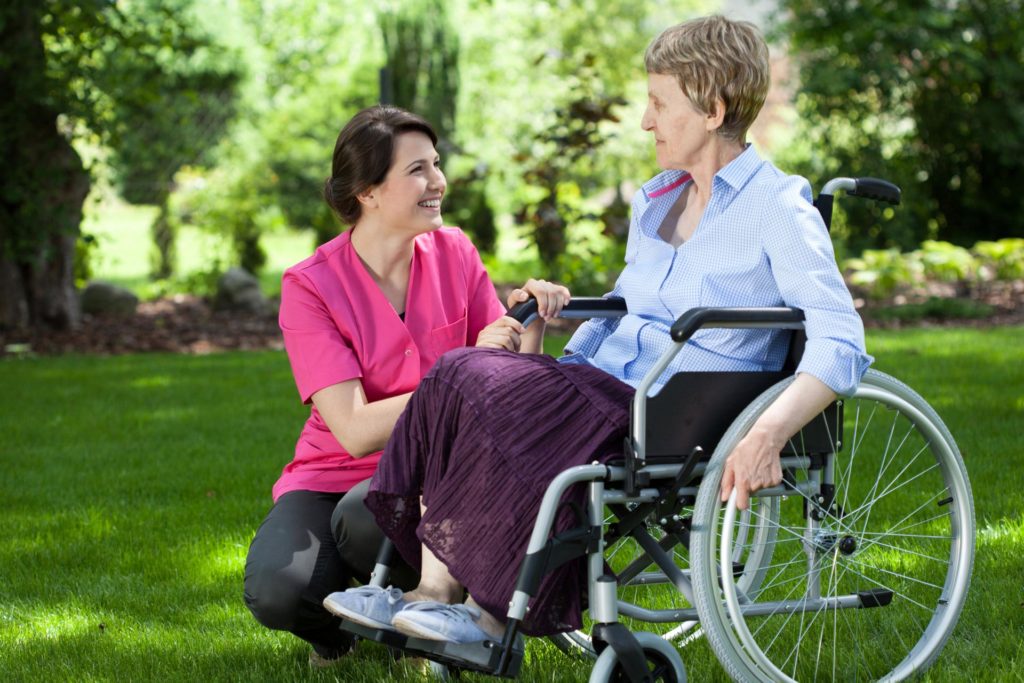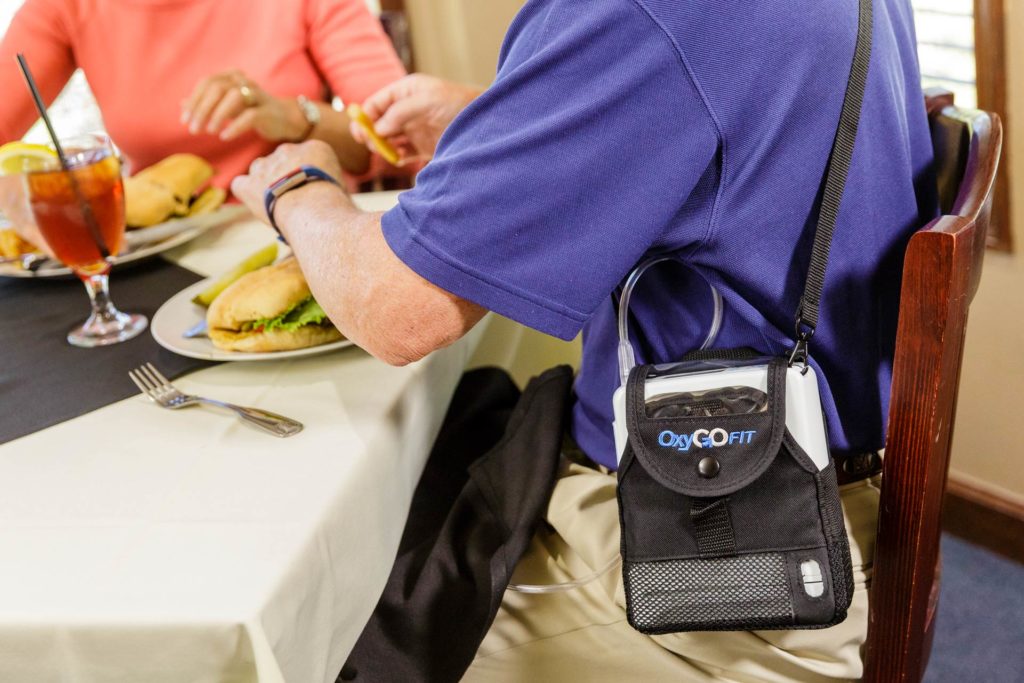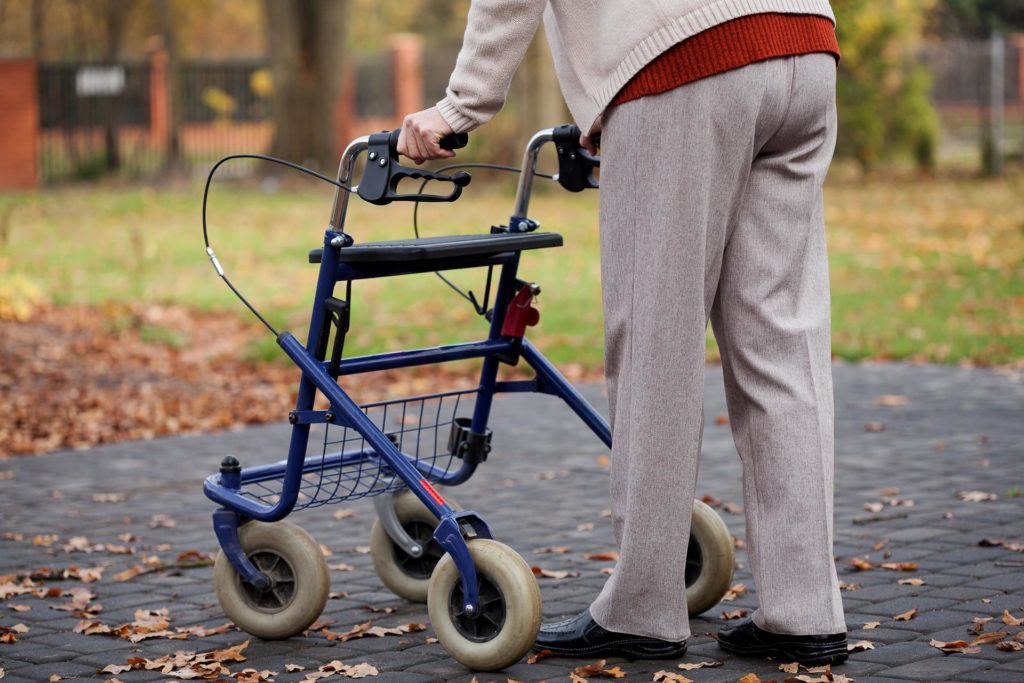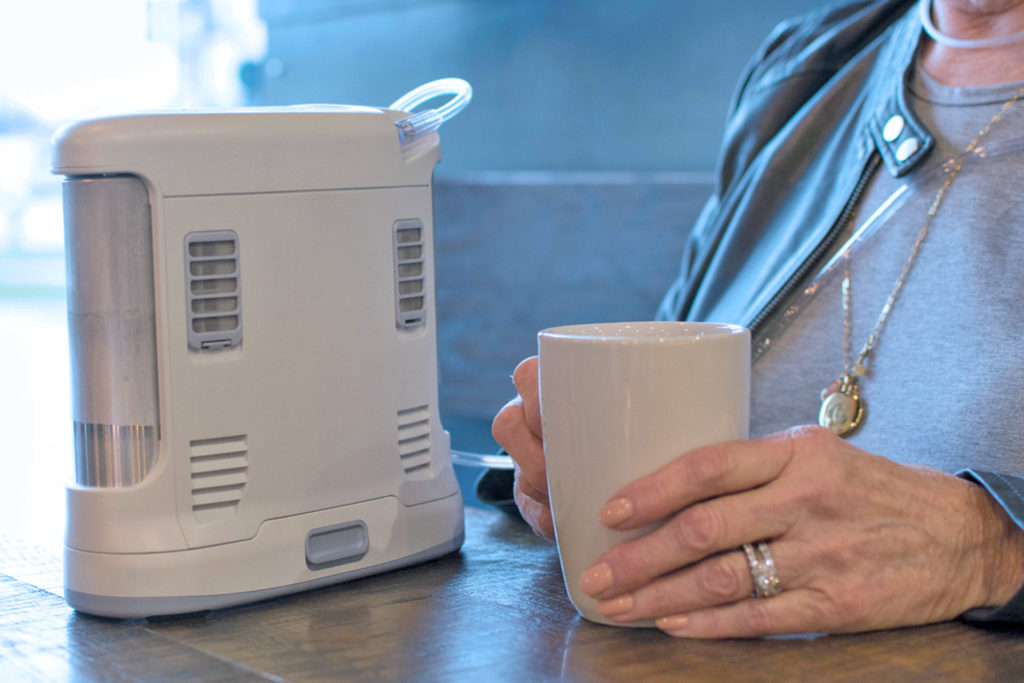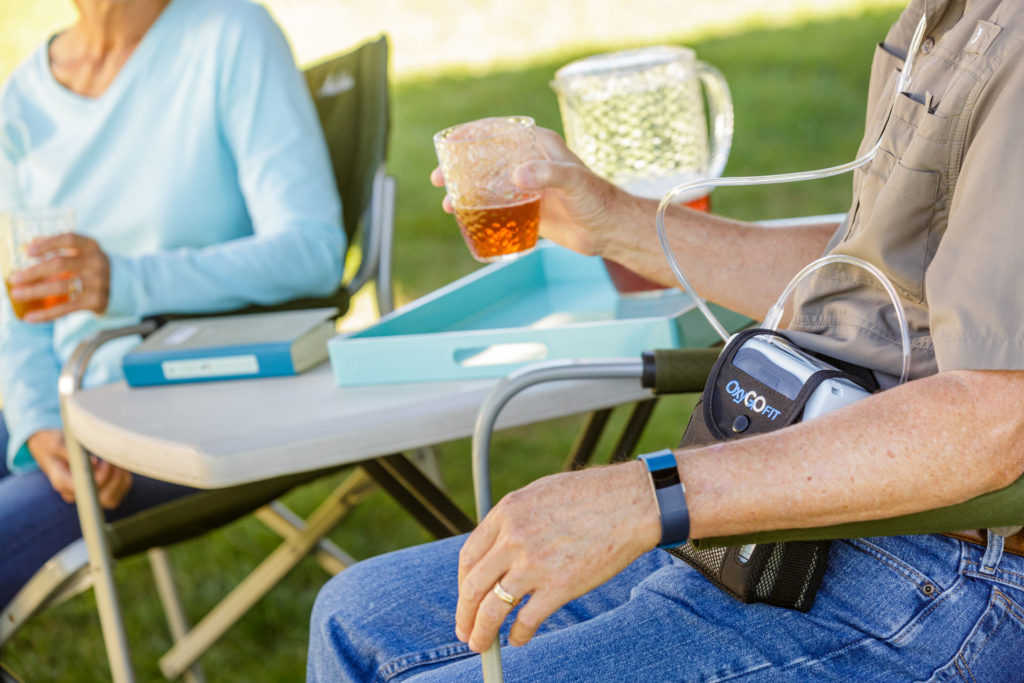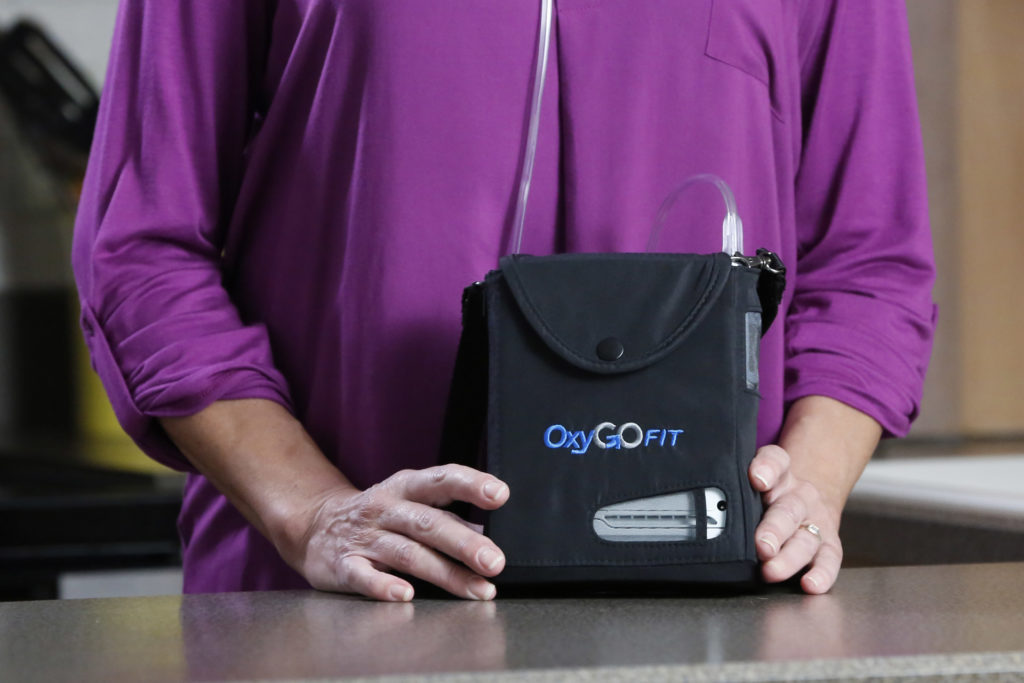Keeping Healthcare Workers Healthy in the Wintertime

Winter is a particularly challenging time for healthcare workers. This is true because healthcare workers often find themselves interacting with sick patients where the risk of spreading germs is high.
The good news is that there are things you can do to stay well this winter.
For a healthier winter workplace, consider these suggestions, many recommended by the CDC. It keeps close tabs on the percentage of healthcare workers obtaining flu shots.
All healthcare employees should be encouraged to get a flu shot. The CDC is very specific on the importance of flu shots and why they are needed. It defines healthcare workers as including, (but not limited to):
Physicians, nurses, nursing assistants, therapists, technicians, emergency medical service personnel, dental personnel, pharmacists, laboratory personnel, autopsy personnel, students and trainees, contractual staff not employed by the health-care facility, and persons (e.g., clerical, dietary, housekeeping, laundry, security, maintenance, administrative, billing, and volunteers) not directly involved in patient care but potentially exposed to infectious agents that can be transmitted to and from health care workers and patients.
Why Get Vaccinated?
- Influenza (the flu) can be a serious disease that can lead to hospitalization and sometimes even death.
- Anyone can get very sick from the flu, including people who are otherwise healthy.
- You can get the flu from patients and coworkers who are sick with the flu.
- If you get the flu, you can spread it to others even if you don’t feel sick.
- Since it takes about two weeks after vaccination for antibodies to develop in the body, it is best that you get vaccinated so you are protected before influenza begins spreading in your workplace or community.
- The viruses in the flu shot are killed (inactivated), so you cannot get the flu from a flu shot.
- Flu vaccination may make your illness milder if you do end up getting sick.
- By getting vaccinated, you help protect yourself, your family at home, and your patients.
How Many Health Care Workers Got Vaccinated Last Season?
- 2014–15 flu vaccination coverage early season among health care personnel was 64.3%, similar to early season coverage during the 2013–14 season (62.9%).
- During the previous two seasons, flu vaccination coverage increased by 9–12 percentage points from early season to the end of the season.
- By occupation, early season flu vaccination coverage was highest among pharmacists (86.7%), nurse practitioners/physician assistants (85.8%), physicians (82.2%), nurses (81.4%), and other clinical professionals (72.0%).
- Flu vaccination coverage was lowest among administrative and non-clinical support staff (59.1%) and assistants or aides (46.6%).
- By work setting, early season flu vaccination coverage was highest among healthcare personnel working in hospitals (78.7%).
- Flu vaccination coverage was lowest among health care personnel working in long-term care facilities (54.4%).
- Early season flu vaccination coverage was higher among healthcare personnel whose employers required (85.8%) or recommended (68.4%) that they be vaccinated, compared to those whose employer did not have a policy or recommendation regarding flu vaccination (43.4%).
- Among unvaccinated healthcare personnel who did not intend to get the flu vaccination during this flu season, the most common reason reported for not getting vaccinated was that they don’t think that flu vaccines work. The second most common reason was that they don’t need the vaccine.
Tips To Stay Healthy ANY Time Of Year
Other suggestions for a healthier workplace from experts include a wide variety of good healthcare workplace habits for any season.
- Chat with your co-workers instead of sending an email.
- Eat a nutritious breakfast every single morning.
- For every hour of work you do, take a 5-minute break away from your desk.
- Wipe down your keyboard, phone and mouse once a week.
- Create a meal plan. Packing a lunch saves money and calories!
- Put some inspirational quotes/photos in your workspace to stay motivated!
- Wash your hands after using shared spaces like the break room or bathroom.
- Work out at your desk! Try shoulder shrugs, arm swings and knee raises.
- Park farther away from the office to get a brisk walk in before and after work.
- Get some fresh air—go for a lap or two around the building during your break.
- Snack right. Bring almonds, fresh fruit or chopped veggies to work.
- Keep your work area clean and organized to relieve stress and prevent germs!
RELATED POSTS
